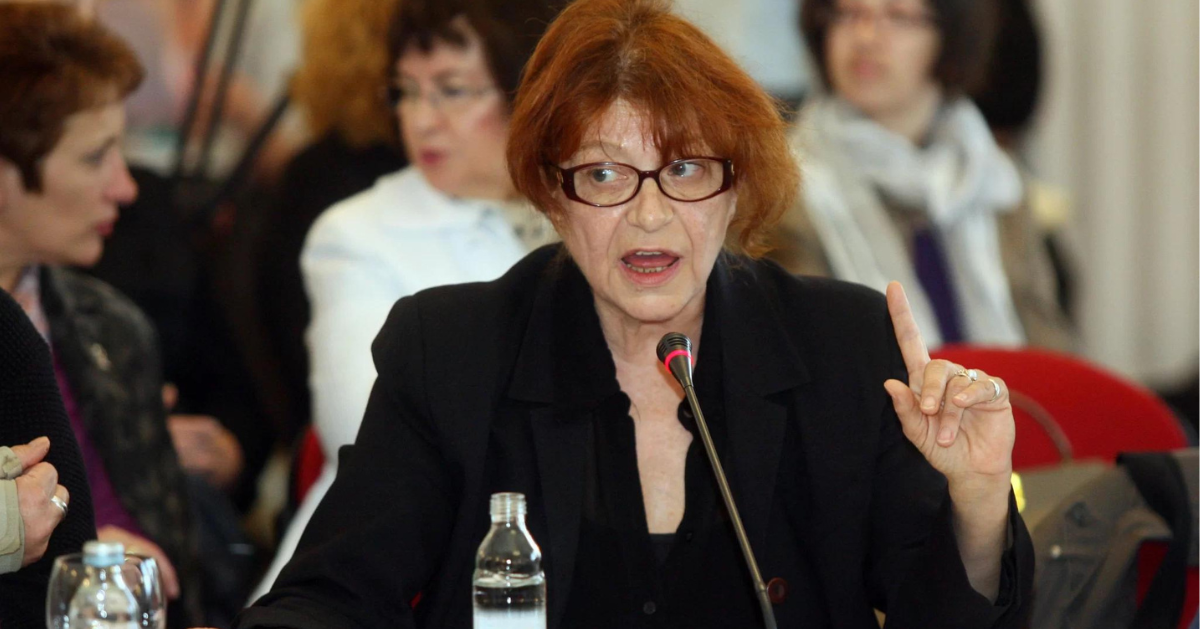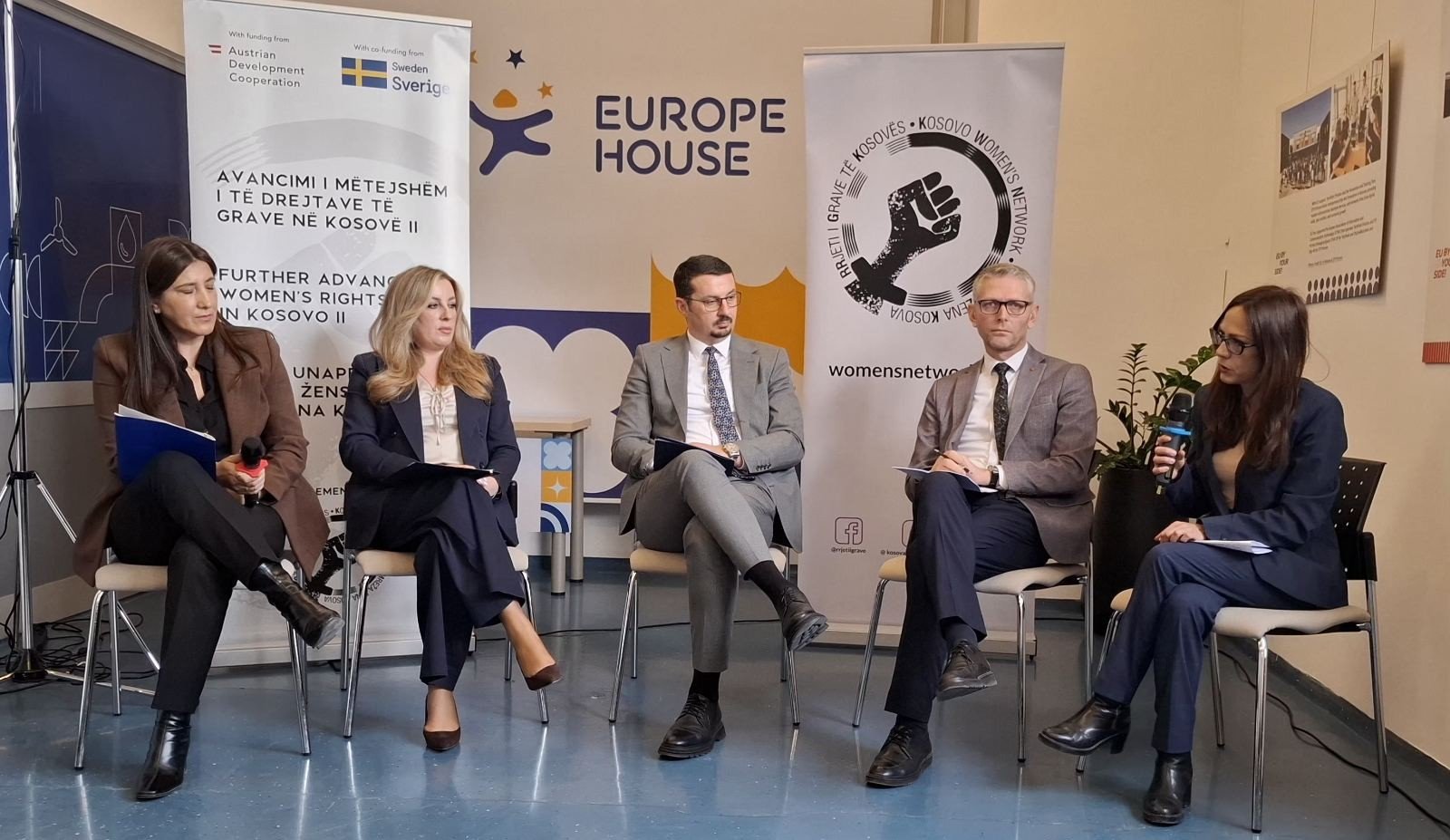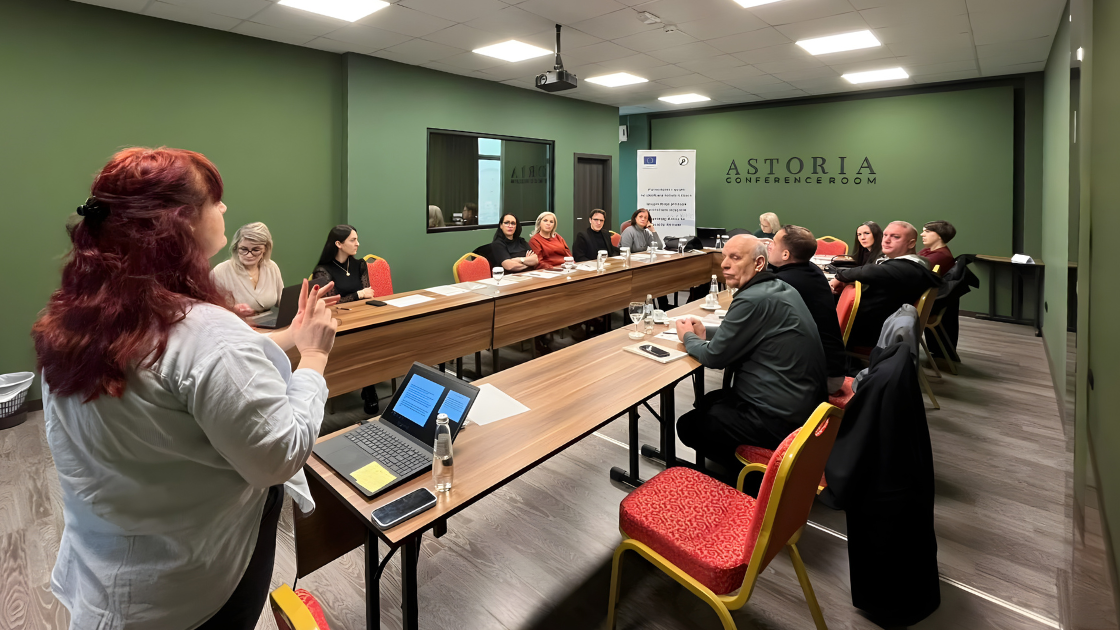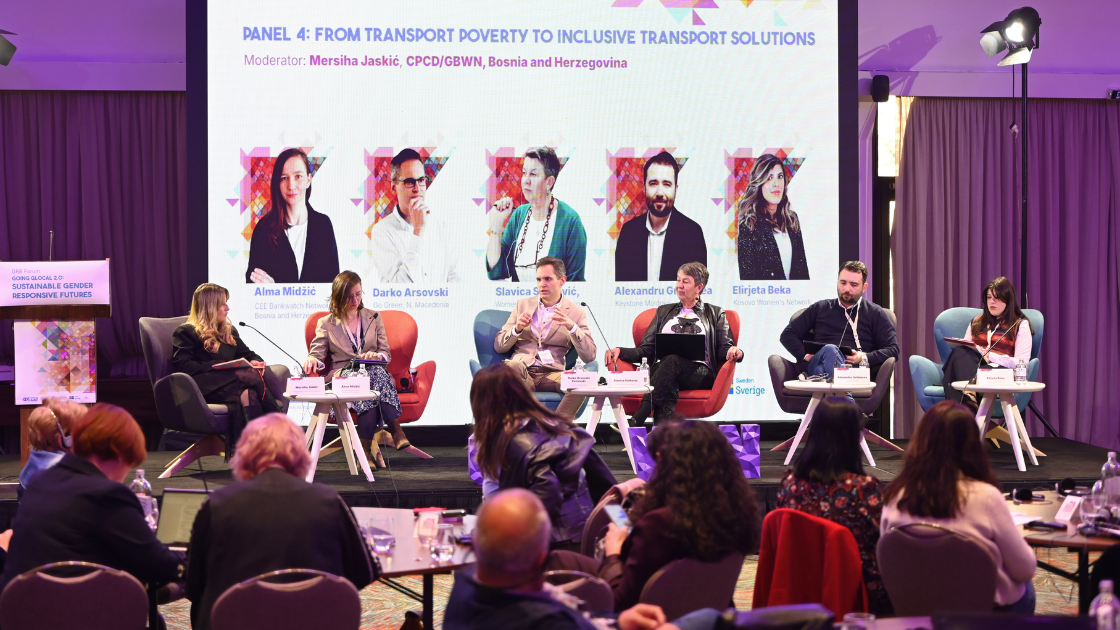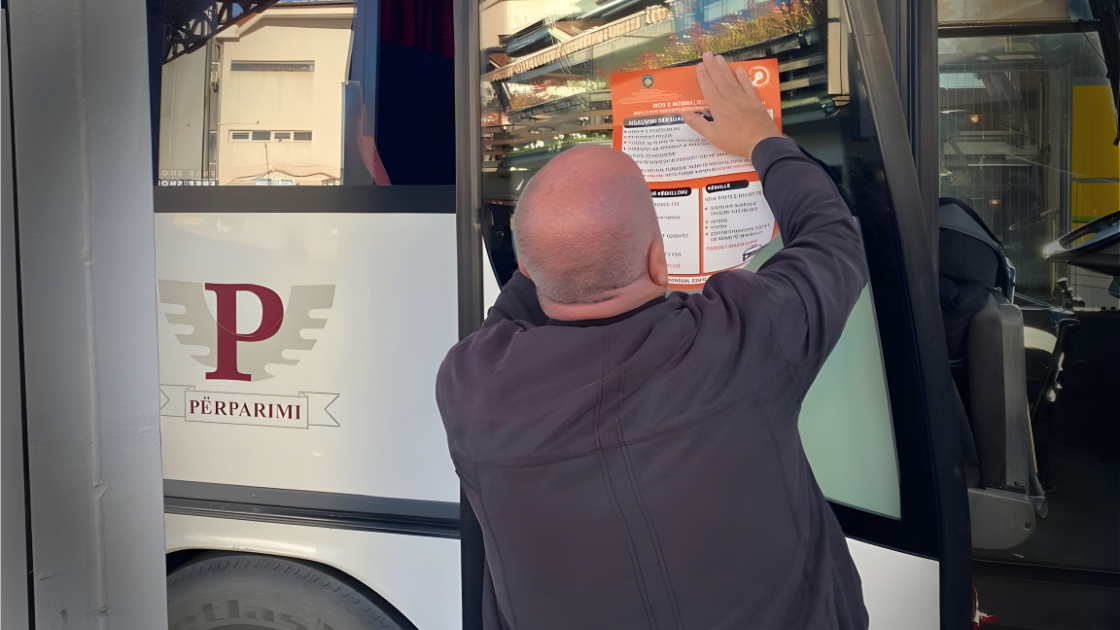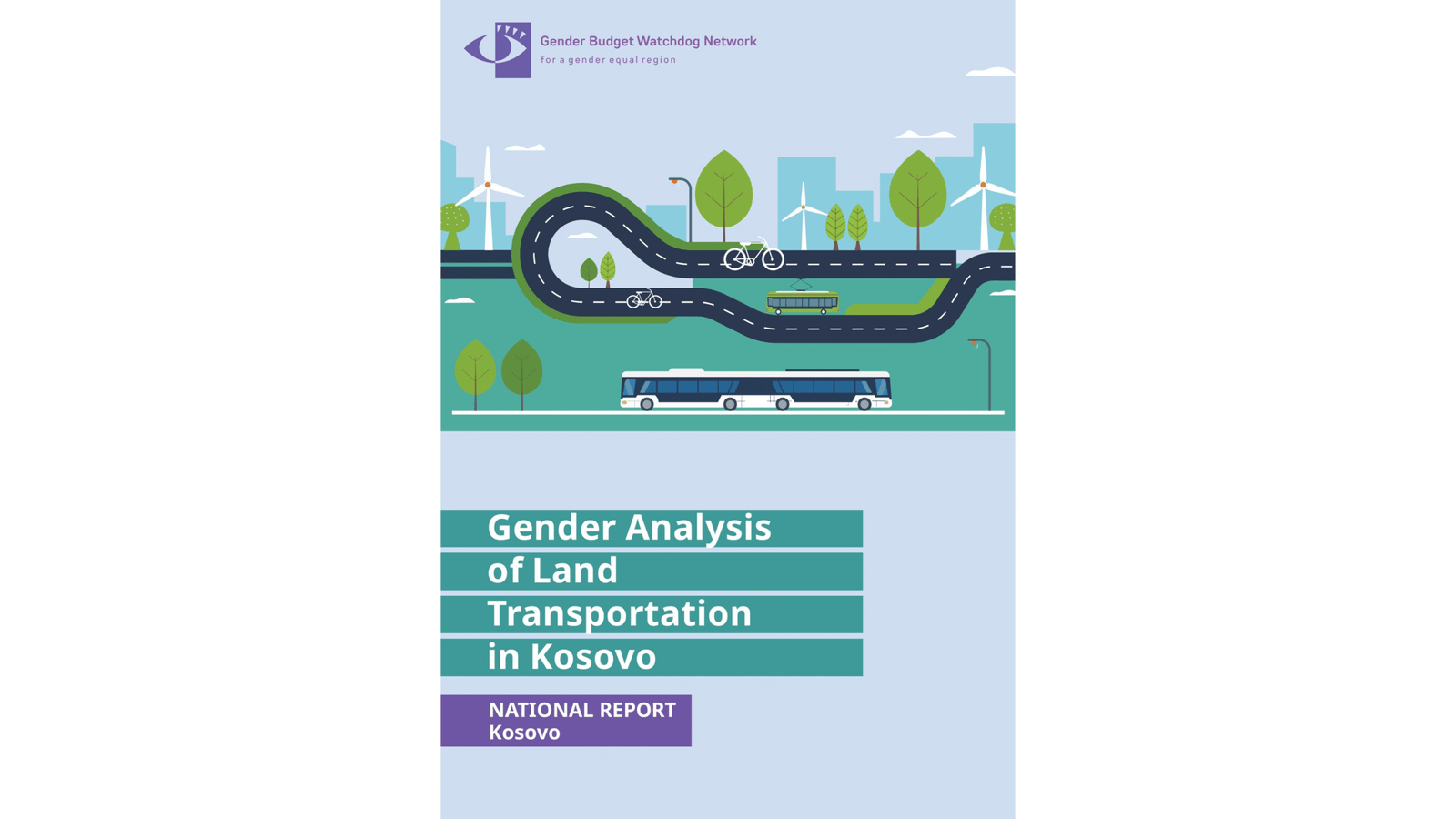In honor of Vesna Kesić, a feminist activist and journalist from Croatia, feminist activists from the former Yugoslavia region and beyond gathered online to pay tribute to her contributions to the feminist movement in the region.
“Our goal was to hear from various histories of experiences about feminist values of the anti-war movement, who were the models of inspiration before us, as well about solidarity for women across the borders,” the organizers said.
One of the speakers, the feminist activist Igballe Rogova, discussed the role of women’s organizations during the 1990s, including the “Bread for Drenica” protest and other peaceful movements. She also shared her experiences of networking with other activists from the region and beyond, including the annual “Women in Black” international conferences and the creation of the “Coalition of Women for Peace.”
This networking occurred during the negotiations between Kosovo and Serbia, was strengthened even more when Serbian women apologized for the crimes committed in Kosovo by the Serbian forces of the regime of Slobodan Milosevic.
“This act of apology strengthened the foundations of cooperation and mutual trust,” said Rogova, among other things.
Other participants, including Vesna Janković from Zagreb, Jasminka Drino Kirlić from Gornji Vakuf/Uskoplje, Lepa Mlađenović from Belgrade, Hannah Safran from Haifa, Paula Petričević from Kotor, Jelka Zorn from Ljubljana, Rebecca Johnson from London, Madeleine Rees from Geneva, and Gorana Mlinarević from Sarajevo, shared their experiences and activities during the time of war in Bosnia and Herzegovina, Croatia, and Kosovo and how they contributed to supporting activities in the region.

